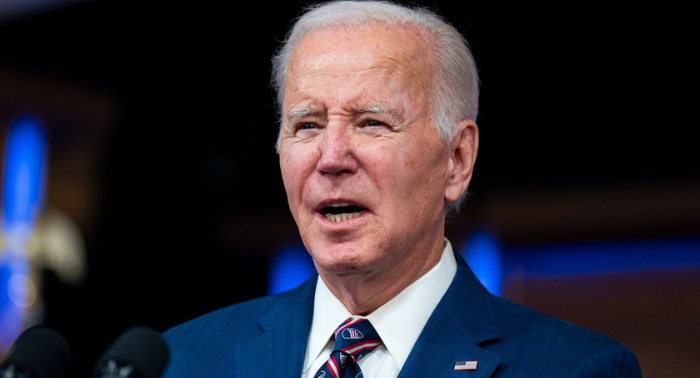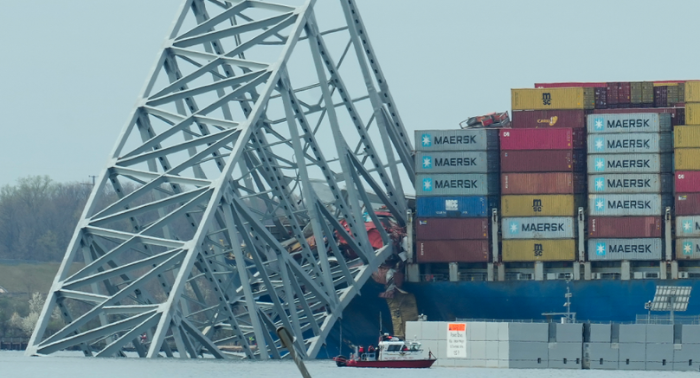China’s legislative body made a significant move on Monday by amending a law to give the Communist Party greater authority over the country’s cabinet, the State Council. This decision came as the premier’s post-parliament news conference was canceled for the first time in thirty years.
During the closing session of the National People’s Congress in Beijing, the amended State Council Organic Law received overwhelming support, with 2,883 delegate votes in favor, eight opposing, and nine abstaining. This adjustment marks another step in a series of measures aimed at consolidating power within the Communist Party at the expense of the State Council, led by Chinese Premier Li Qiang, which oversees government ministries and local administrations.
Legal experts note that this revision, the first since 1982, continues a trend of transferring more authority from the state to the Party, with the government expected to adhere strictly to Party directives.
New provisions stress the State Council’s obligation to uphold the authority of the Party Central Committee and adhere to Xi Jinping Thought, the president’s guiding ideology. This shift underscores a reorganization of executive authority in China, according to Ryan Mitchell, a law professor at the Chinese University of Hong Kong.
Li Hongzhong, vice chairman of the National People’s Congress Standing Committee, explained that the revision aims to deepen institutional reforms and fully implement the Constitution, which was amended in 2018 to reaffirm the Party’s dominance.
Thomas Kellogg, a professor of Asian law at Georgetown University, sees this as a clear indication of the Party’s increasing control over state organs, emphasizing the prioritization of Party directives in decision-making processes.
The cancellation of the premier’s news conference, a highly anticipated event in Beijing’s political and economic calendar, is seen as another instance of the Party’s ascendancy over state governance institutions. Since Xi Jinping assumed power in 2012, new central party committees have been established to oversee various ministries, encroaching on traditional areas under the premier’s jurisdiction.
Last year, China underwent a significant government reorganization, creating a Party entity to supervise certain ministries. Subsequent amendments to the State Council’s working rules further clarified the Party’s decision-making authority.
The scrapping of the premier’s news conference is seen as part of a broader transformation of the Party-state structure, with more changes likely to follow in the future, according to Kellogg.




